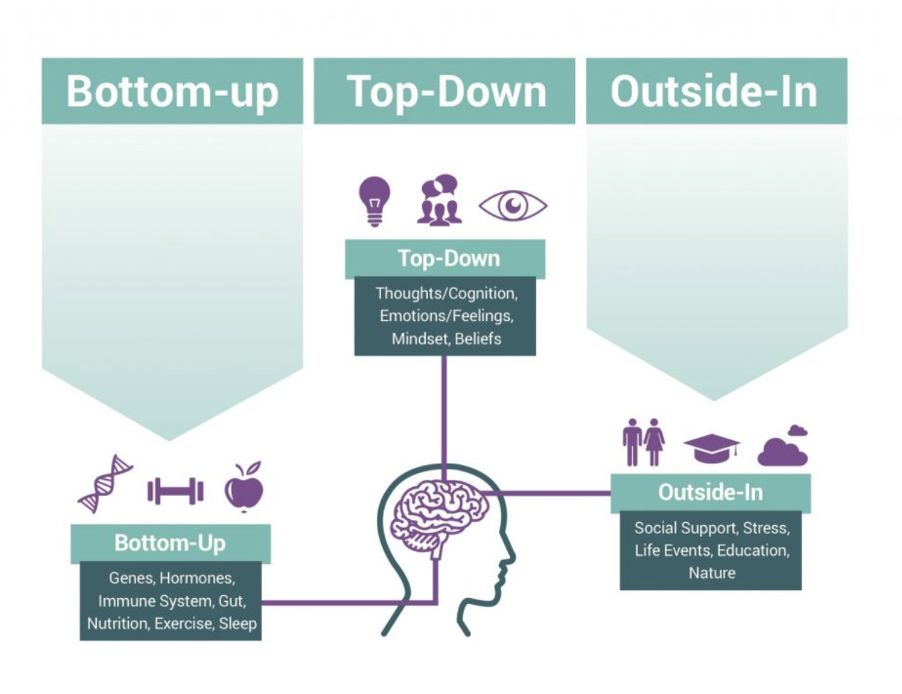Thinking of our lives, bodies, and minds as a house offers a powerful analogy for self-reflection and personal growth. This concept invites us to explore how well we are maintaining our inner space and whether our environment supports the life we want to live.
How Well Are You Maintaining Your House?
Are we caring for our physical and mental health, nurturing motivation, and managing stress effectively? Regular self-care is essential to keeping our house in good shape. Dr. Sarah McKay's article on six brain-based solutions to beat stress offers actionable insights to help maintain balance and well-being.
Are There Rooms We Avoid Entering?
Just as in a house, we might have areas within ourselves we avoid exploring—whether due to fear, discomfort, or uncertainty. These spaces often hold the key to personal growth. Addressing these areas with self-awareness can lead to transformation and emotional well-being.
Is Your Emotional Clutter Piling Up?
Unchecked stress and unresolved emotions can accumulate like clutter. Regular emotional "decluttering" is essential to mental clarity. Tools such as the circle of control and influence can help identify what to discard, what to file, and what to take action on.
Time for Some Renovations?
Small adjustments to our daily habits can lead to significant improvements in our lives. Consider adopting practices such as mindfulness or gratitude to create a more supportive environment for personal goals. This post on the habit loop provides insights into building effective habits.
Is Your House in a Supportive Neighbourhood?
Where does your house reside? A supportive community can enhance resilience and well-being. Cultivating strong connections and relationships can serve as a buffer against stress and life challenges.
Optimising for a Healthier House
To ensure long-term well-being, consider the following:
- Focus: Think of your self-improvement journey with focused terms like "self-awareness," "mental well-being," and "habit formation."
- Regular Maintenance:Just as a home needs ongoing upkeep, regular self-reflection and emotional check-ins are crucial.
- Sharing Your Journey: Engage with others and share insights to create a more connected and supportive community.
By considering your life as a house, you can take intentional steps to maintain, improve, and thrive within your personal space.
If you want to know more about neuroscience informed coaching and self development, sign up for our mailing list at the bottom of this page. You can also follow us on our socials and join our LinkedIn community.
